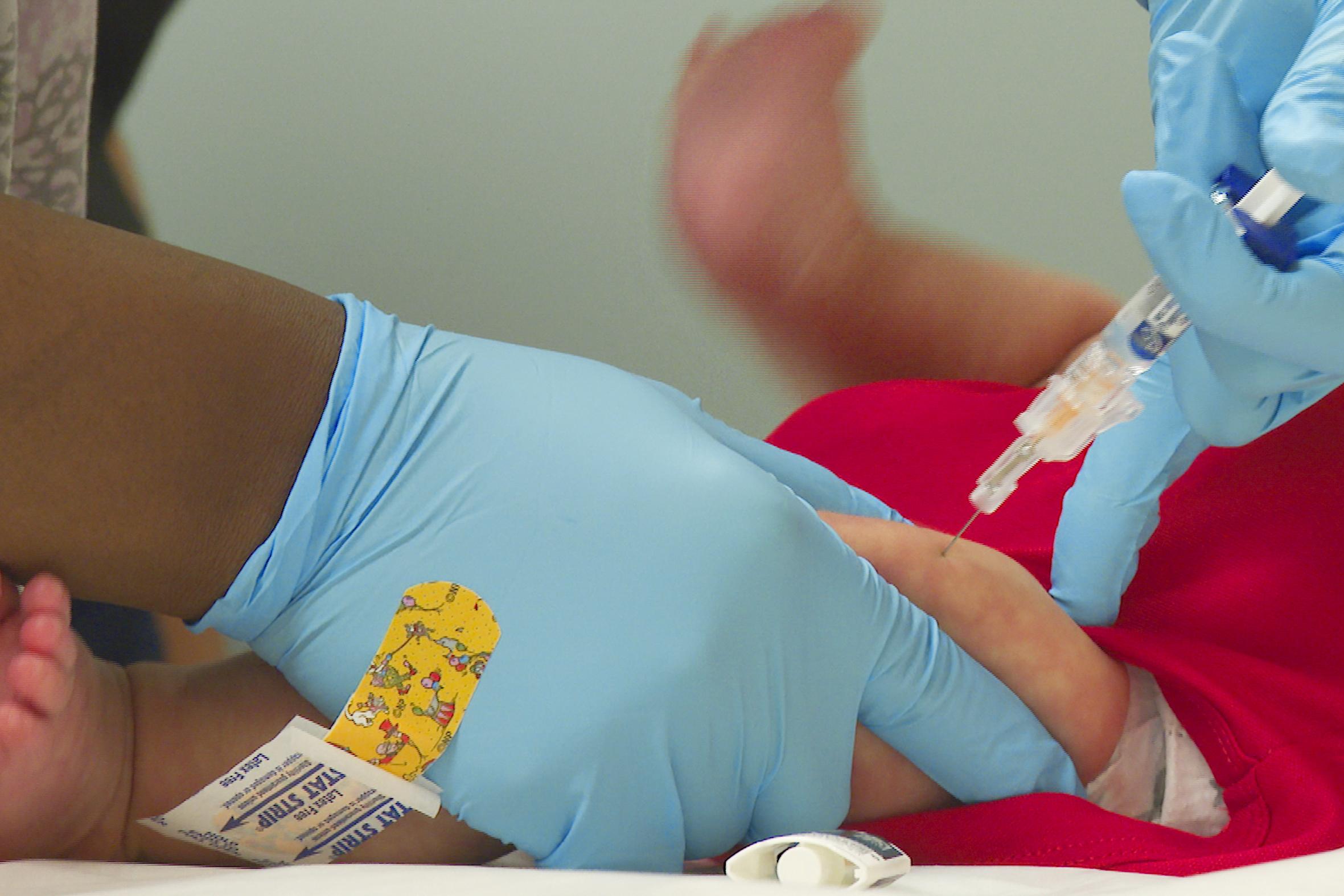In a recent post on his Substack, J.B. Handley, author and autism advocate, outlined five major scientific findings that, he argues, explain how vaccines could trigger autism.
According to Handley, the root cause lies in the aluminum adjuvants used in several childhood vaccines, which can provoke immune system responses leading to neurodevelopmental disorders like autism.
Handley contends that these findings, primarily from research conducted outside the U.S., have been largely ignored by federal public health agencies such as the CDC and FDA, despite repeated appeals from scientists to investigate the potential link.
He asserts that the aluminum in vaccines travels to the brain, where it can trigger inflammation through the production of the cytokine IL-6, which has been associated with autism.
READ ALSO: Study challenges assumptions about COVID-19 vaccines, long COVID prevention
Handley references studies, including a 2018 paper by Christopher Exley, Ph.D., that found “shockingly high” levels of aluminum in brain tissue from individuals with autism. Exley’s research suggested that aluminum enters the brain via pro-inflammatory cells, causing neurotoxic effects.
Handley argues that this provides critical data supporting the hypothesis that vaccines can cause autism, particularly through immune system activation during key developmental stages.
Handley, co-founder of the Age of Autism website and father of a child with autism, draws on data from the Vaccine Papers website to support his claims.
He criticizes the lack of funding and support for autism research in the U.S., especially for studies that challenge established vaccine safety narratives.
Handley calls for a reassessment of vaccine safety, emphasizing the need for objective risk-benefit analysis, particularly concerning the aluminum adjuvants in vaccines. He highlights the increasing exposure to aluminum in children due to the expanded vaccine schedule and suggests that this may be contributing to the rising incidence of autism and other neurodevelopmental disorders.
In concluding his argument, Handley urges public health agencies to acknowledge and investigate the growing body of scientific evidence linking vaccines and autism, calling for a more thorough examination of vaccine safety to protect future generations.

 Entertainment5 days ago
Entertainment5 days ago
 Health1 week ago
Health1 week ago
 Health4 days ago
Health4 days ago
 Football1 week ago
Football1 week ago
 Football1 week ago
Football1 week ago
 Crime4 days ago
Crime4 days ago
 Crime1 week ago
Crime1 week ago
 Education6 days ago
Education6 days ago

